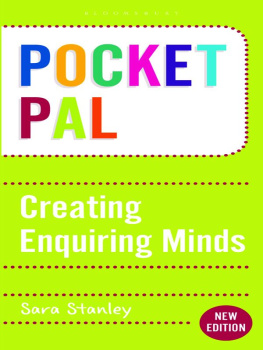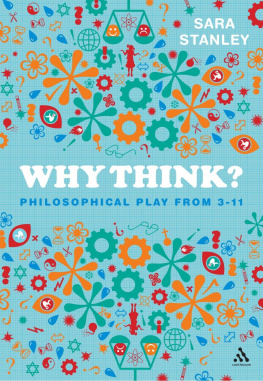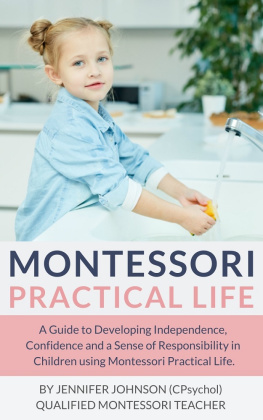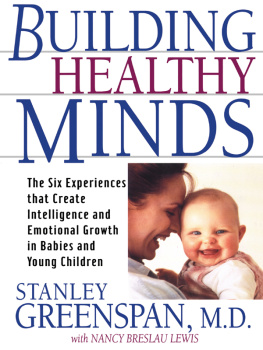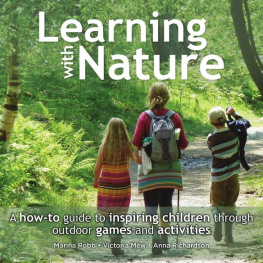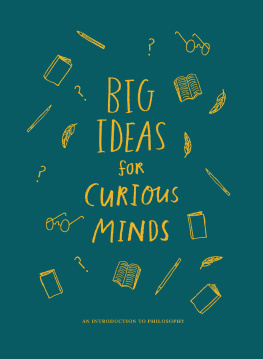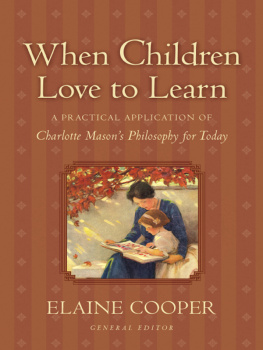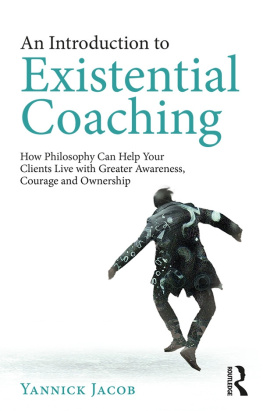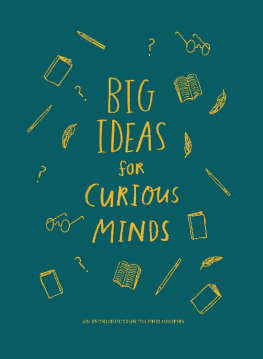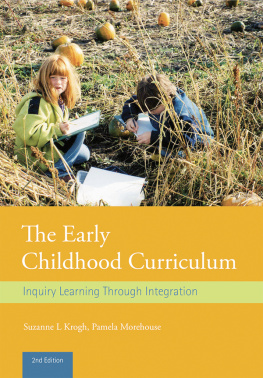POCKET PAL
CREATING
ENQUIRING MINDS
SARA STANLEY
Illustrations by Mike Phillips

CONTENTS
Useful websites
www.sarastanley.co.uk an online guide to creating philosophical environments in the classroom. Includes ideas, case studies and resources.
www.childrenthinking.co.uk practice-based training, advice and support for teachers, particularly those starting out teaching P4C.
www.sapere.org.uk Society for the Advancement of Philosophical Enquiry and Reflection in Education the UK section of ICPIC.
www.philosophyslam.org Kids Philosophy Slam: an American site with useful links.
Many thanks to the following: Maria Cornish, Martyn Soulsby, Karin Murris, Joanna Haynes and Sue Lyle for continued friendship and inspiration;
Marilyn Brocklehurst and her amazing Norfolk Childrens Book Centre, for providing knowledge and browsing space for exciting picture book resources;
SAPERE members for their hard-working commitment to the cause and our young peoples futures;
My family for giving me peace and quiet when I need it;
And, lastly, to all the children and their parents at all the schools I have worked in. and who have allowed me to share their wonderful thinking.
Sara Stanley is a registered level 1 SAPERE Trainer, and National and International keynote speaker. She runs workshops, insets and courses in Philosophy for Children (P4C) and enabling enquiry based classroom environments. She is also involved in projects working in Early Years settings in South African townships. Her work is cited as Inspirational, practical and rooted in thorough, intuitive understanding of how children think and learn.
Sara is a B Ed graduate of Homerton College, Cambridge England where she specialised in English, drama and children and literature, subjects which continue to strongly influence her work in Early Years Education.
P4C Philosophy for Children is not just about children thinking for themselves, but is about sharing their voices to enable change. It develops their ability to reason effectively, and through doing so children begin to understand and articulate more about themselves and the world in which they live. They discuss philosophical themes that affect their lives such as friendship, authority, power, death, equality, and knowledge. The questions they ask and ideas they want to develop are facilitated by the teacher.
What is it?
P4C was created by Matthew Lipman in the USA and developed by Karin Murris in the UK through the use of childrens picture books.
The teacher shares a stimulus such as a picture book, picture or object with a group of children, forming a community of enquiry.
Children give their first thoughts and formulate philosophical questions based on that stimulus.
Children work cooperatively to analyse the questions, thinking about connections and philosophical themes.
The teacher facilitates a dialogue on one or more questions chosen by the group.
Children listen to and build on each others ideas, decide to agree or disagree, and express their view and justify it.
Why do we do it?
Philosophy enables children to explore deeply the issues that affect their lives.
It helps them develop their questioning, hypothesising and analysing skills, and to reason and reflect at a high level.
It encourages them to think creatively and imaginatively, to problem-solve and develop informed opinions and beliefs.
It improves communication and listening skills through concentration and engagement in learning.
Philosophical thinking can be transferred across most areas of the curriculum.
Children enjoy talking about things that matter to them, and often enjoy the intellectual effort.
Building an effective community improves behaviour in and out of the classroom.
Philosophy improves social and emotional wellbeing and builds the self-esteem of children.
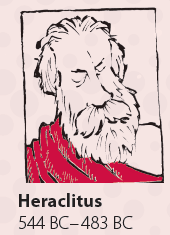
Big results require big ambitions.
Much learning does not teach understanding.
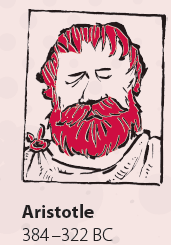
All men by nature desire to know.
It is the mark of an educated mind to be able to entertain a thought without accepting it.
We live in deeds, not years: in thoughts, not breaths; in feelings, not in the figures on a dial. We should count time by heart throbs. He most live who thinks most, feels noblest, acts the best.
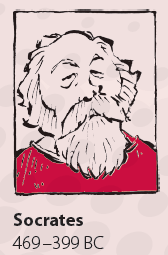
I am the wisest man alive, for I know one thing, and that is that I know nothing.
The unexamined life is not worth living.
We are what we repeatedly do. Excellence, then, is a habit.
Wisdom begins in wonder.

Philosophy makes me clever. I feel like I can do anything in my life.
IDEA...
One hour of P4C a week can raise pupil IQ score by an average of 6.5 points.
Current school curricula require that schools teach thinking skills; they must also ensure that children are given opportunities to learn about beliefs and values. Great emphasis is placed on the development of childrens spiritual, moral, social and cultural responsibilities.
A curriculum in which childrens thinking is steered toward consideration of lifes wonder and puzzlements encourages children to grow into citizens who will question life creatively and critically, and with the ability to reflect upon right and wrong and the choices they make.
Philosophy for Children improves childrens creative, critical and rigorous thinking in many areas. It requires concentration, the ability to think beyond the obvious, to listen to opposing viewpoints and most importantly the time to reflect on their place in the world. The key benefits are in the development of social, spiritual, moral and cultural understanding. Building a classroom where teaching and learning operates within a democratic community of enquiry builds trust, respect and a willingness to apply thinking to learning.
P4C helps to develop higher order thinking skills, improve communication skills and enables children to share opinions and co-operate with others. Children learn to reflect before speaking and develop their reasoning and reasonableness. Misunderstandings are better explained when children are taught to challenge respectfully with deeper thinking and evidence.
The opposite page explores the curriculum in a philosophical context, and describes how children can apply their philosophical skills across the curriculum.
At the heart of an enquiring mind must lie a willingness to understand. Understanding is heightened when we engage fully with the process of acquiring skills that develop philosophical thinking. These skills can then be used throughout education and life.
... IN ACTION
What do we think, and why?
In English: Children should talk and listen confidently in different contexts, exploring and communicating ideas. In discussion, children are required to show understanding of the main points. They are able to reflect upon and develop their own ideas and those of others. They are able to vary their use of vocabulary and explore issues, backing up reasons and ideas with clarity.
Next page
